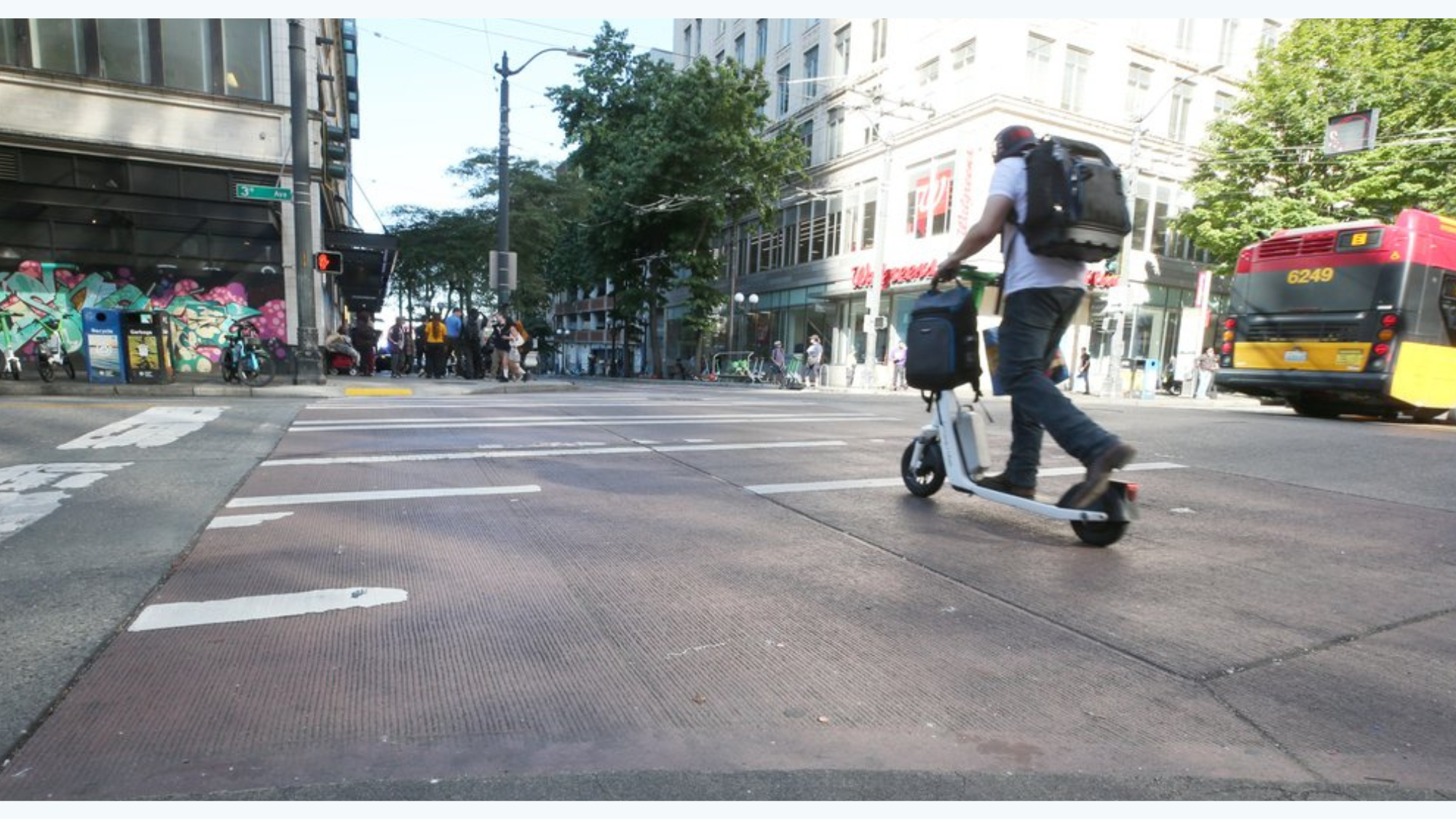
Published in the Puget Sound Business Journal, Opinion
By Jared Nieuwenhuis – Bellevue city councilmember
Sep 10, 2024
For decades, the Puget Sound region has been a beacon of innovation and entrepreneurship. Our proactive leadership, clean streets and strong public safety attracted global companies, making us a hub of opportunity. In recent years, we have faced a concerning fragmentation in policies across our metropolitan areas and the greater region. Many in the business community have wondered if our best days are behind us.
Despite these challenges, I remain optimistic. The recent shift to the center in Seattle City Hall gives me hope that we can tackle pressing regional issues such as public safety, economic viability for small businesses and coherent tax and spending policies through collaboration and intentional leadership. However, this requires leaders to embrace a regional vision and align their policies to foster safer communities and economic synergy. In other words, we need leaders who decide they want these goals for our region.
Recently, in partnership with the Ethnic Chamber of Commerce Coalition, we celebrated our minority-owned restaurateurs, who understand all too well the impact of varying policies across cities on wages, gig-worker pay and regulations. The narrative that business deterrence in Seattle benefits Bellevue might hold some truth, as evidenced by Bellevue securing four of the region’s five largest tech office leases this year. But these gains are temporary and do not outweigh the risks a declining Seattle poses to the entire region.
No city should create policies with a “love it or leave it” attitude, especially one as large as Seattle with its regional economic ramifications. The reality is that our economies are interconnected. When Seattle businesses struggle, the entire region feels the impact. Policies that push businesses to neighboring communities are not necessarily sustainable and often erode the overall quality of life in the region.
We need to unify in the Puget Sound area on issues like public safety. Sensible laws should be consistent across cities so criminals cannot exploit disparities in enforcement and application. Addressing this issue alone can improve business conditions and community health throughout the region.
Public safety is one of the most basic governmental services and is essential to livability for all residents, especially those who live in marginalized or poorer communities we are working to elevate. Having a safe community enhances the quality of life as it increases investment in businesses that provide services and jobs, creates better schools, and makes public places safe for everyone.
Similarly, we must support the growing gig economy with fair wage policies that also foster small business growth, especially among the many minority-owned restaurants that rely on delivery services. We need to create regulatory certainty to enable businesses to operate seamlessly across the region. The current regulatory patchwork between Bellevue and Seattle stifles expansion and job creation, hindering our desired regional growth.
As regional leaders, we must focus on creating a cohesive economic growth and public safety strategy. Instead of letting extremes dictate policy, we should seek common-sense compromises that benefit the entire Puget Sound region. Instead of the knee-jerk reactionary legislation we’ve seen over the last few years, elected officials must focus on practical and proven policies to achieve the outcomes our communities are asking for and deserve.
United, we can thrive. But if we remain divided and territorially competitive, we risk a future where Seattle’s challenges spread, leading to more businesses leaving, more workers displaced and a continued decline in tax revenues and office occupancy.
We’re in this together. So, let’s get beyond narrow, city-specific views that will not benefit our workers, businesses or diverse communities.
As a Bellevue community member, I hope this perspective sparks a renewed effort to align our regional goals for a stronger, unified future. With our unique advantages in location, talent, innovation and diversity, now is the time to capitalize on them as one region.

